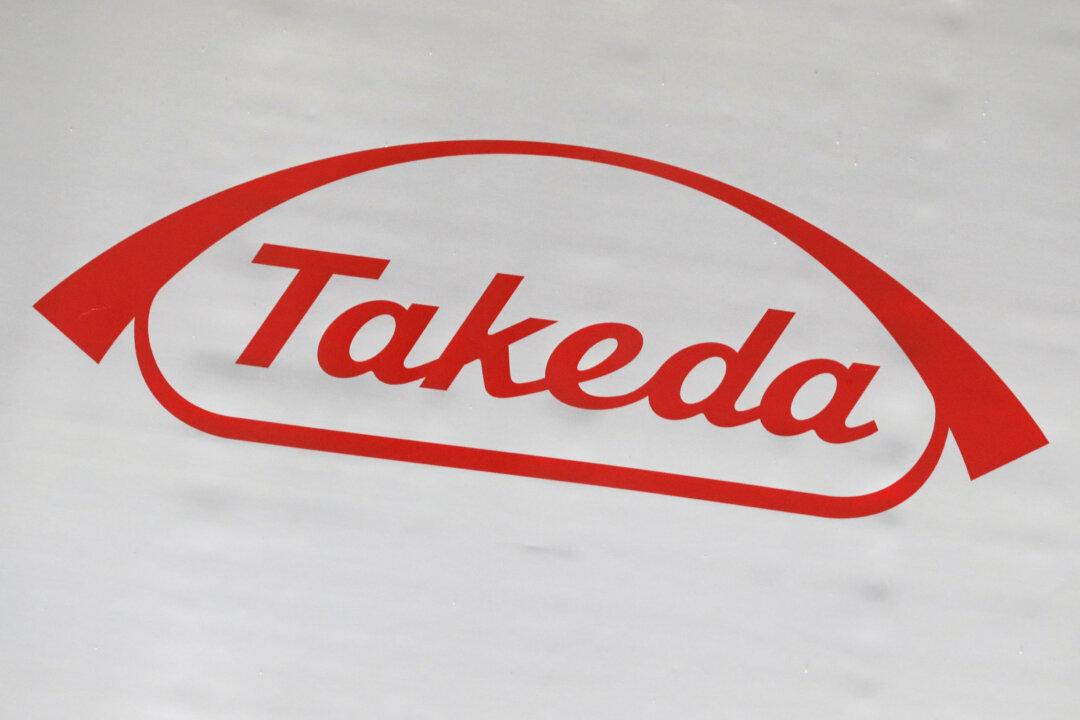The U.S. Food and Drug Administration (FDA) has approved a medication for an esophageal disease that makes it difficult to swallow food.
The FDA approved Eohilia for use among individuals aged 11 years and older who have eosinophilic esophagitis (EoE), Japan-based Takeda Pharmaceutical said in a Feb. 12 press release.





